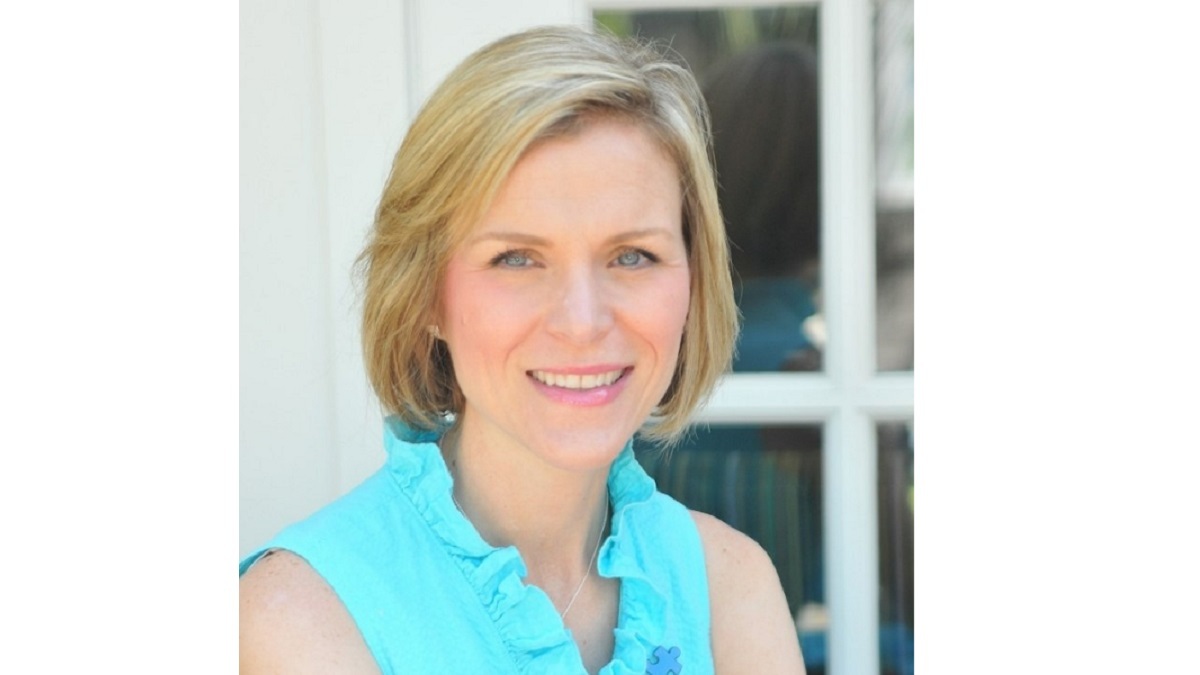
The Autism Science Foundation and the Profound Autism Alliance are applauding the Centers for Disease Control and Prevention's (CDC) decision to separate profound and non-profound autism, according to a release provided by the Autism Science Foundation.
On Wednesday, the CDC reported 26.7% of people with autism spectrum disorder (ASD) have "profound autism.” This is the first time this statistic has been reported using CDC-collected data, and reflects a growing awareness that profound autism is different from the broader ASD.
The presidents of the Autism Science Foundation and the Profound Autism Alliance have praised the CDC's decision to separate profound and non-profound autism as they say it will open the doors for more inclusive research and advocacy.
"People with profound autism consistently experience unique, devastating and often unseen challenges that require immediate solutions, not only for them, but for their caregivers,” Profound Autism Alliance President Judith Ursitti said in a statement. “The continuing recognition of profound autism will open the doors to more inclusive research like the CDC's. Only then can targeted advocacy increase access to critically needed supports and services for this marginalized population.”
Ursitti applauded the CDC for recognizing the difference between ASD and profound autism, explaining the distinction will open doors to more inclusive research.
According to the news release, the data was published in a report titled "The Prevalence and Characteristics of Children with Profound Autism, 15 Sites, United States, 2000-2016.” The report was published in the peer-reviewed scientific journal "Public Health Reports," which is the official journal of the Office of the U.S. Surgeon General and the U.S. Public Health Service.
The study examined information from the Autism and Developmental Disabilities Monitoring Network for 20,135 children, age 8, who had autism between 2000-2016. Profound autism was defined in the report as having an IQ <50 or being nonverbal or minimally verbal. The report also revealed that 26.7% of 8-year-old children with autism were diagnosed with profound autism. Children with profound autism were found to have a higher likelihood of being female, belonging to racial and ethnic minority groups, having low socioeconomic status, being born preterm or with low birth weight, exhibiting self-injurious behaviors, suffering from seizure disorders and having lower adaptive scores, compared to children with non-profound autism. The prevalence of profound autism in 2016 was 4.6 per 1,000 8-year-olds or 1 in 218.
Alison Singer, president of the Autism Science Foundation, said these statistics will allow resources for those with profound autism to know how many people have been diagnosed so that proper planning can be put into resources they receive and to improve said resources.
"Their needs are going to be very different than those of an autistic person graduating from Harvard Law School,” Singer said in the release.